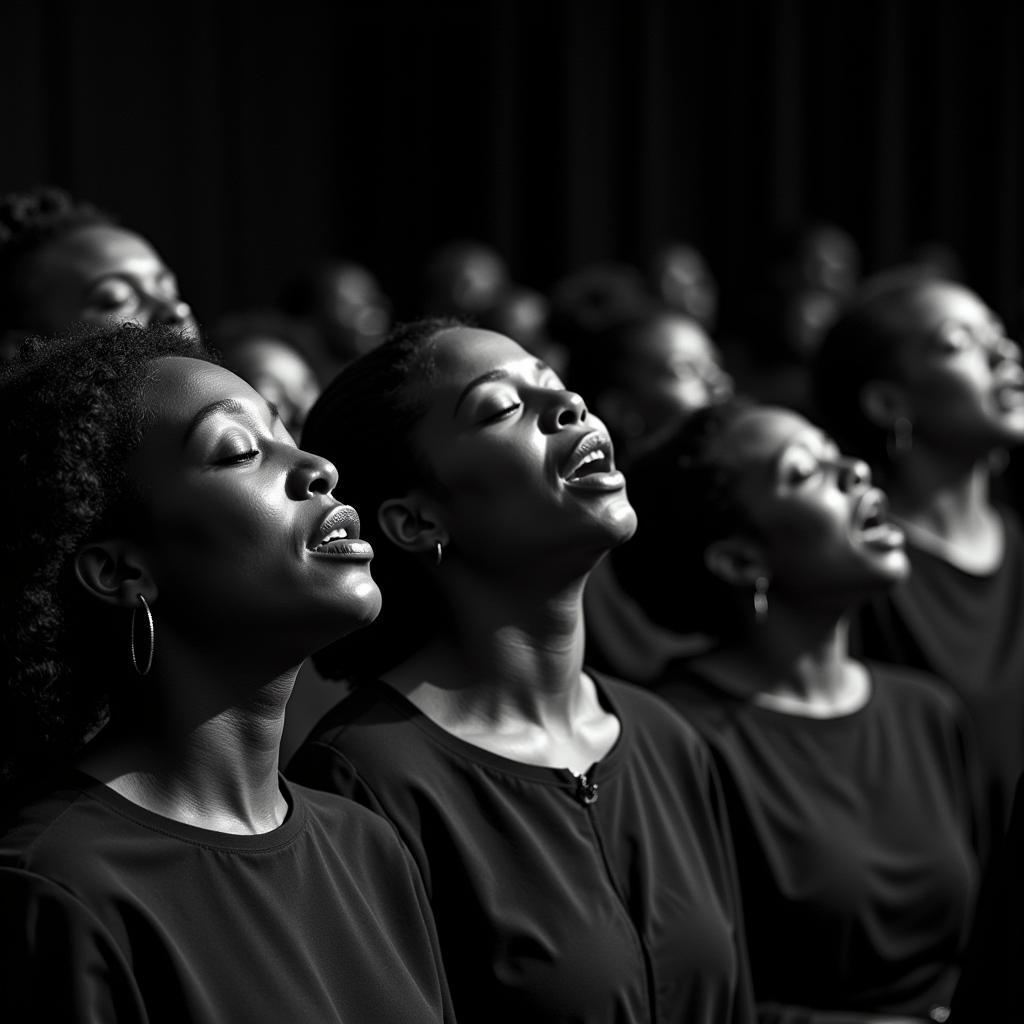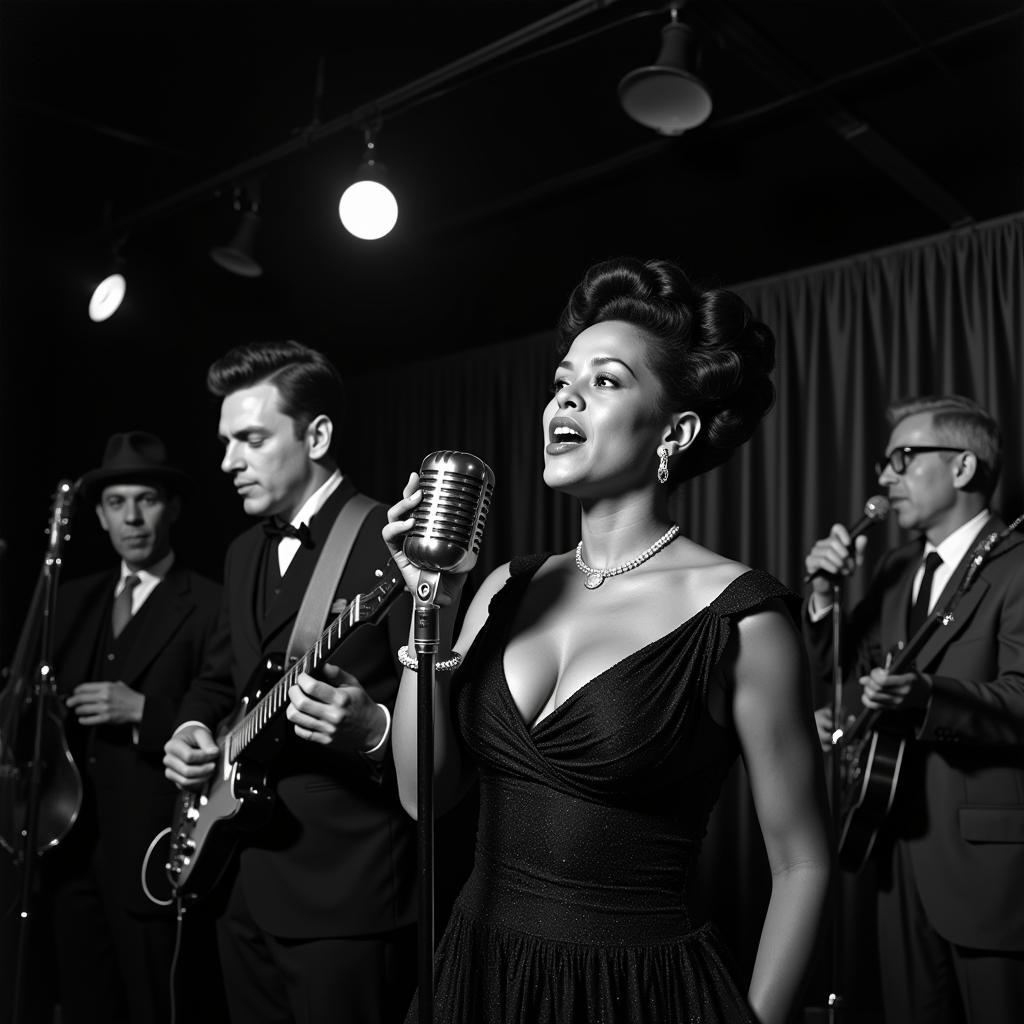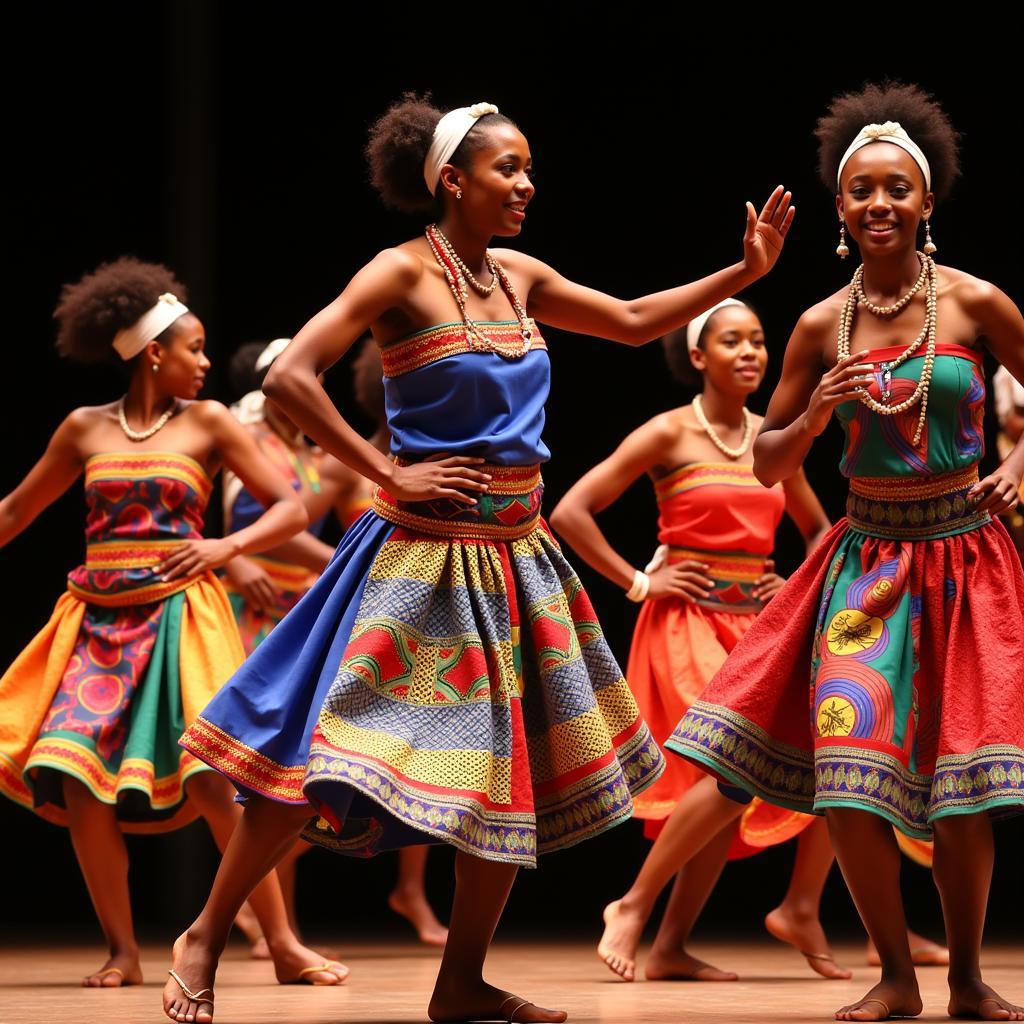African American Female Singers: A Legacy of Power, Soul, and Innovation
A Heritage Forged in Resilience
The journey begins with the roots of African American music deeply embedded in the history of the African diaspora.  African American Women Singing Gospel During slavery, spirituals, emerged as songs of sorrow, hope, and coded messages of resistance. These soulful melodies laid the groundwork for the development of gospel music, a genre that would become synonymous with Black religious and cultural expression.
African American Women Singing Gospel During slavery, spirituals, emerged as songs of sorrow, hope, and coded messages of resistance. These soulful melodies laid the groundwork for the development of gospel music, a genre that would become synonymous with Black religious and cultural expression.
Breaking Barriers and Claiming the Stage
The early 20th century witnessed the rise of iconic figures like Billie Holiday and Ella Fitzgerald, whose contributions to jazz transcended racial boundaries.  Billie Holiday Performing Jazz Holiday’s raw, emotive vocals gave voice to the complexities of the human experience, while Fitzgerald’s virtuosity and vocal agility established her as the “First Lady of Song.” These pioneers not only achieved commercial success but also challenged racial stereotypes and paved the way for future generations of Black female artists.
Billie Holiday Performing Jazz Holiday’s raw, emotive vocals gave voice to the complexities of the human experience, while Fitzgerald’s virtuosity and vocal agility established her as the “First Lady of Song.” These pioneers not only achieved commercial success but also challenged racial stereotypes and paved the way for future generations of Black female artists.
The Soulful Revolution and Beyond
The Civil Rights Movement of the 1950s and 1960s saw the emergence of soul music, a genre intertwined with the fight for equality and justice. Aretha Franklin, often hailed as the “Queen of Soul,” became a powerful voice of the movement. Her anthems of empowerment, such as “Respect” and “Think,” resonated deeply with the aspirations for social change.
Shaping Contemporary Soundscapes
The legacy of innovation continued into the late 20th century with the birth of hip-hop. Artists like Queen Latifah and Lauryn Hill brought powerful and unapologetic female voices to a genre often dominated by men.  Lauryn Hill Performing Hip-Hop Their music addressed social issues, celebrated Black womanhood, and pushed creative boundaries.
Lauryn Hill Performing Hip-Hop Their music addressed social issues, celebrated Black womanhood, and pushed creative boundaries.
Today, African American female singers continue to dominate charts across genres, from Beyoncé and Rihanna’s global pop dominance to the soulful sounds of Jazmine Sullivan and the genre-bending artistry of Lizzo. These artists are not only inheriting a rich musical legacy but also using their platforms to advocate for social justice, challenge beauty standards, and inspire generations. Their music continues to serve as a testament to the enduring power, resilience, and creativity of Black women in the world.
FAQ
Q: What are some of the defining characteristics of African American female singers?
A: While musical styles vary greatly, many African American female singers are known for their powerful vocal abilities, soulful delivery, and lyrical content that often reflects themes of resilience, love, faith, and social justice.
Q: What is the significance of gospel music in the development of African American music?
A: Gospel music, rooted in spirituals sung during slavery, played a crucial role in shaping Black musical identity. It provided a space for spiritual expression, community building, and, in some cases, coded messages of resistance.
Q: How have African American female singers used their platforms for social change?
A: Throughout history, these artists have used their voices to advocate for civil rights, gender equality, and social justice. Their music often reflects the struggles and triumphs of the Black community and inspires listeners to fight for a more equitable world.
Do you have any further questions about African music?
Here are some other resources you might find helpful:
If you need any help, please do not hesitate to contact us:
Phone: +255768904061
Email: kaka.mag@gmail.com
Address: Mbarali DC Mawindi, Kangaga, Tanzania
Our customer service team is available 24/7.




